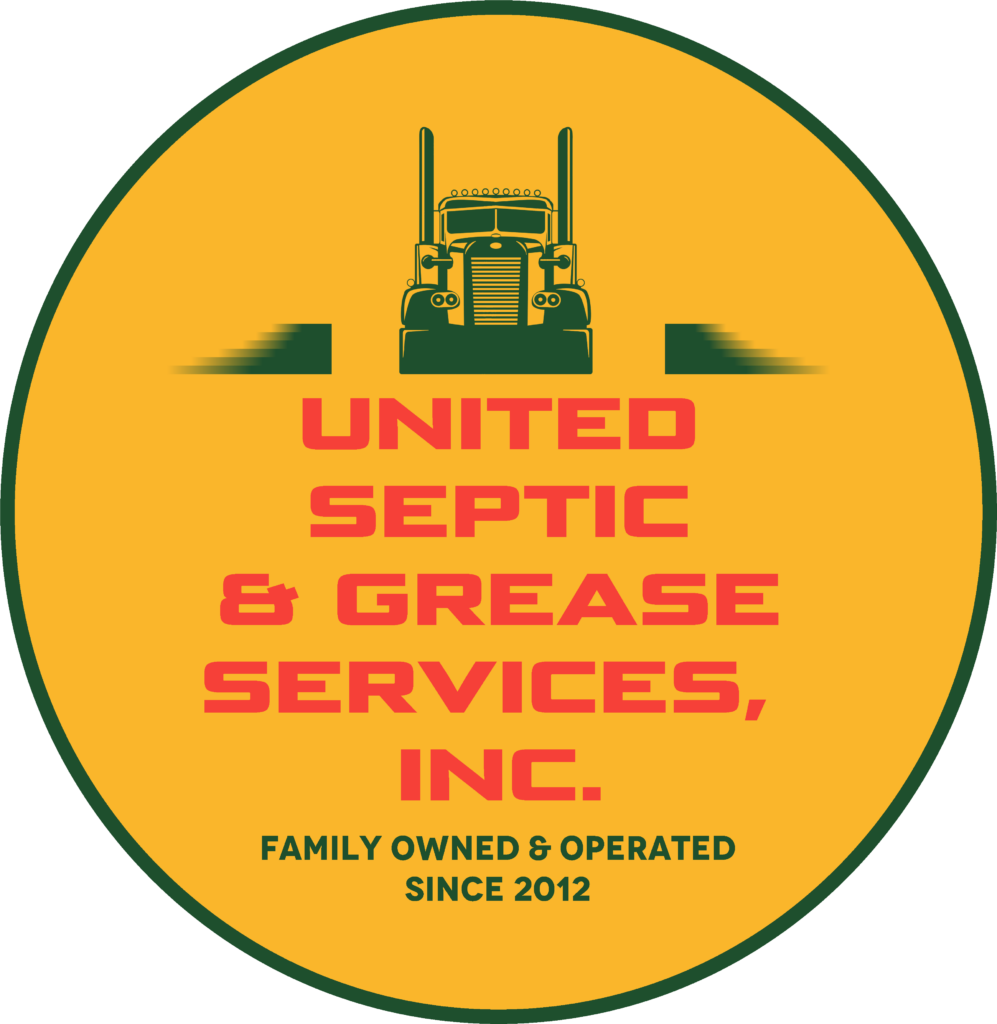Choosing the Right Septic System for New Installations
Home > Blog > Profesional Septic Systems > Choosing the Right Septic System for New Installations
Choosing the Right Septic System for New Installations
Thinking about snagging a new septic system? First off, props to you! Honestly, a lot of people don’t really think about this stuff, and I totally get it—it’s not the most exciting topic. But it’s super important for your home! Seriously, choosing the right setup can save you a lot of headaches down the road. You’ve gotta think about how big your yard is, what kind of soil you’ve got, and what the local laws are.
I know it might seem a bit boring, but don’t worry! We’re gonna simplify all the techy stuff so you can pick the right system for your place. The goal? Keep things running smoothly so you don’t have to deal with backups, breakdowns, or county fines! So, buckle up—we’re making septic systems as simple as we can get ‘em!
1. Types of Septic Systems
So, if you’re looking to pick the right septic system for your place, you gotta know what’s out there. Here’s the lowdown on some of the most common types:
Conventional Gravity Systems: These babies are the most popular choice. Basically, your wastewater just kinda flows into the tank and then heads off to the drain field for some good ol’ filtration. They work like a charm in spots where the soil drains well and there’s enough room for a drain field. Easy peasy!
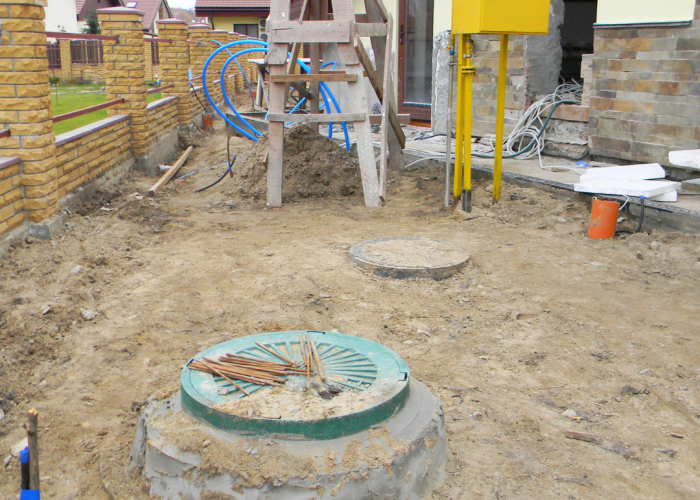
Pressure Distribution Systems: Now, if your soil isn’t the best, this is where things get interesting. These systems use a pump to spread the wastewater evenly across the drain field. So, if your property isn’t exactly a natural drainage superstar, this setup makes sure everything gets dispersed just right.
Aerobic Treatment Units (ATUs): Think of these as the overachievers of the septic world. They pump oxygen into the mix, which helps those little bacteria break down waste faster and more efficiently. If you’re in a spot where the soil or space isn’t cutting it for a conventional system, ATUs can really save the day.
Mound Systems: If you’re dealing with high water tables or crummy drainage, mound systems are your go-to. They’re all about building a special mound above ground to treat and filter the wastewater. When the soil just won’t cooperate with a typical drain field, this is a solid backup plan.
2. Understanding Your Property’s Soil and Site Conditions
Here’s the lowdown: the soil in your yard plays a big role in picking a septic system. If you’ve got that thick, gooey clay that’s a total drain hog, you’ll need a different setup than if you’re rocking sandy soil that drains like a champ.
Most places will hit you with a test to see how fast your dirt soaks up water. This info is super clutch for sizing up your drain field so you don’t end up with a massive mess later on.
And hey, it’s not just about the dirt; the slope and size of your yard are key too. If you’re on a steep hill or have a tiny lot, that’s gonna affect how your system gets installed. That’s why you gotta bring in a licensed pro to check things out.
They’ll do the heavy lifting, sizing up your space and helping you figure out the best septic setup based on all the little quirks of your property. Trust me, it’s way smarter than just winging it and hoping everything turns out okay!
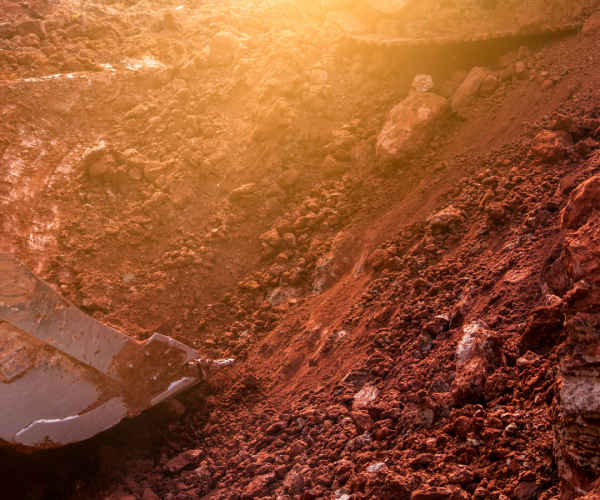
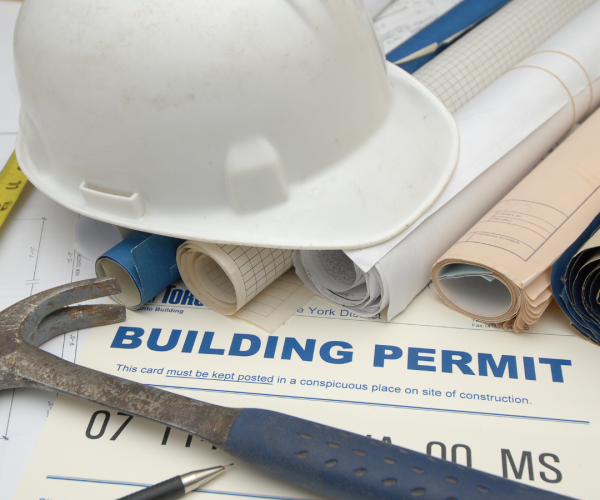
3. Importance of Local Regulations and Permits
Here’s the scoop: when you’re getting your septic system sorted, you gotta follow the local and state rules. And trust me, they can be a mixed bag depending on where you are. The health department and the environ crew are the ones watching all the septic dos and don’ts, making sure everything’s on the up and up when it comes to handling wastewater.
Before you jump into the install, make sure your system design gets the thumbs-up from the local crew, and don’t forget to grab all the right permits. Seriously, skipping this step could bring you a world of hurt later on. If you don’t stick to the game plan, you could get hit with some nasty fines or, even worse, have to swap out your system ’cause it doesn’t meet the standards.
For that reason is important to hire a contractor who knows all the local rules. It’s all about keeping it laid-back and hassle-free, you feel me?
4. Long-Term Maintenance Requirements
Yo, let’s rap about septic system maintenance ‘cause it’s super important! Not all systems are the same when it comes to how much love they need. Your standard Conventional Systems don’t need a ton of fuss, which is chill, but those high-tech setups, like Aerobic Treatment Units (ATUs), have a whole different vibe.
They need regular check-ups and way more service to keep things flowing right. Plus, staying on top of maintenance isn’t just about dodging a nasty mess; local authorities usually want you to keep it up, so don’t drop the ball on that!
Knowing your system’s maintenance needs can save you a ton of headaches later. Stick to a routine for pumping and inspections to keep things running smoothly.When choosing a septic system, think about how much upkeep you’re up for. Pick one that fits your lifestyle, so you don’t end up with more hassle than you bargained for!

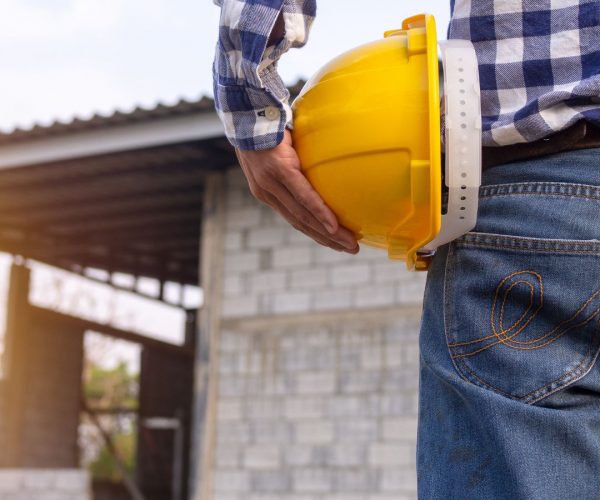
5. Choosing the Right Contractor
Getting your septic system set up the right way kicks off with choosing the right contractor, you feel me? Not every contractor knows their stuff about all the different septic systems out there, so you gotta find someone who really knows the ropes for what you need. A solid contractor will handle it all—from checking out your place and designing the system to putting it in and sorting out all that annoying permit stuff.
When you’re on the hunt for a contractor, keep an eye out for these key things:
- Experience: Make sure they’ve worked with the type of system you need. You don’t want someone learning on the job!
- Good Vibes: Look for positive reviews or testimonials from past clients. If folks are happy, that’s a good sign!
- Licensing and Insurance: You wanna make sure they’re legit and following the rules. No one wants a fly-by-night operation handling their septic!
- Clear Estimates: Get a detailed estimate that lays out costs and how long everything will take. No one likes surprise bills, right?
Conclusion
So, when you’re picking a septic setup for your pad, gotta check a few key things: the soil vibes, local rules, and how much maintenance you’re down for. Whether you go classic, some high-tech aerobic thing, or a mound system, making the right call will keep your septic game strong for ages! It’s all about striking that balance between what works for your pad and what fits your vibe.
Hey, just a heads-up—having a good contractor in your corner can totally change the game. You want someone who knows all the local rules so you can chill and not stress over the details. Plus, they’ll help keep your investment safe down the line. So, don’t rush it; do your research and get the right crew lined up. Trust me, you’ll be stoked when everything’s running smoothly!
Should you require assistance with Septic Tank Services, do not hesitate to contact our team of experts at United Septic and Grease.
IF YOU ARE LOOKING FOR MIAMI-DADE AND BROWARD COUNTY COMMERCIAL SEPTIC SERVICES
THEN PLEASE CALL 305-878-1885 / 954-778-0477 OR COMPLETE OUR ONLINE REQUEST FORM

Autor / Editor : Jonathan Moreno
Jonathan Moreno is a South Florida Digital Marketing expert with over 12 years of experience with passion for creating hight value content to educate and bring value to visitors.
Related Posts
Most Common Septic System Emergencies
United Septic and Grease: This post will discuss the most frequent septic system emergencies, the...
Read MoreExpert Tips for Choosing the Best Grease Trap Cleaning Service
If you own a restaurant, professional grease trap cleaning services will make your kitchen work...
Read MoreDIY vs. Professional Septic Clean Outs
United Septic and Grease: Frequent septic clean out guarantees that your system runs efficiently and...
Read More